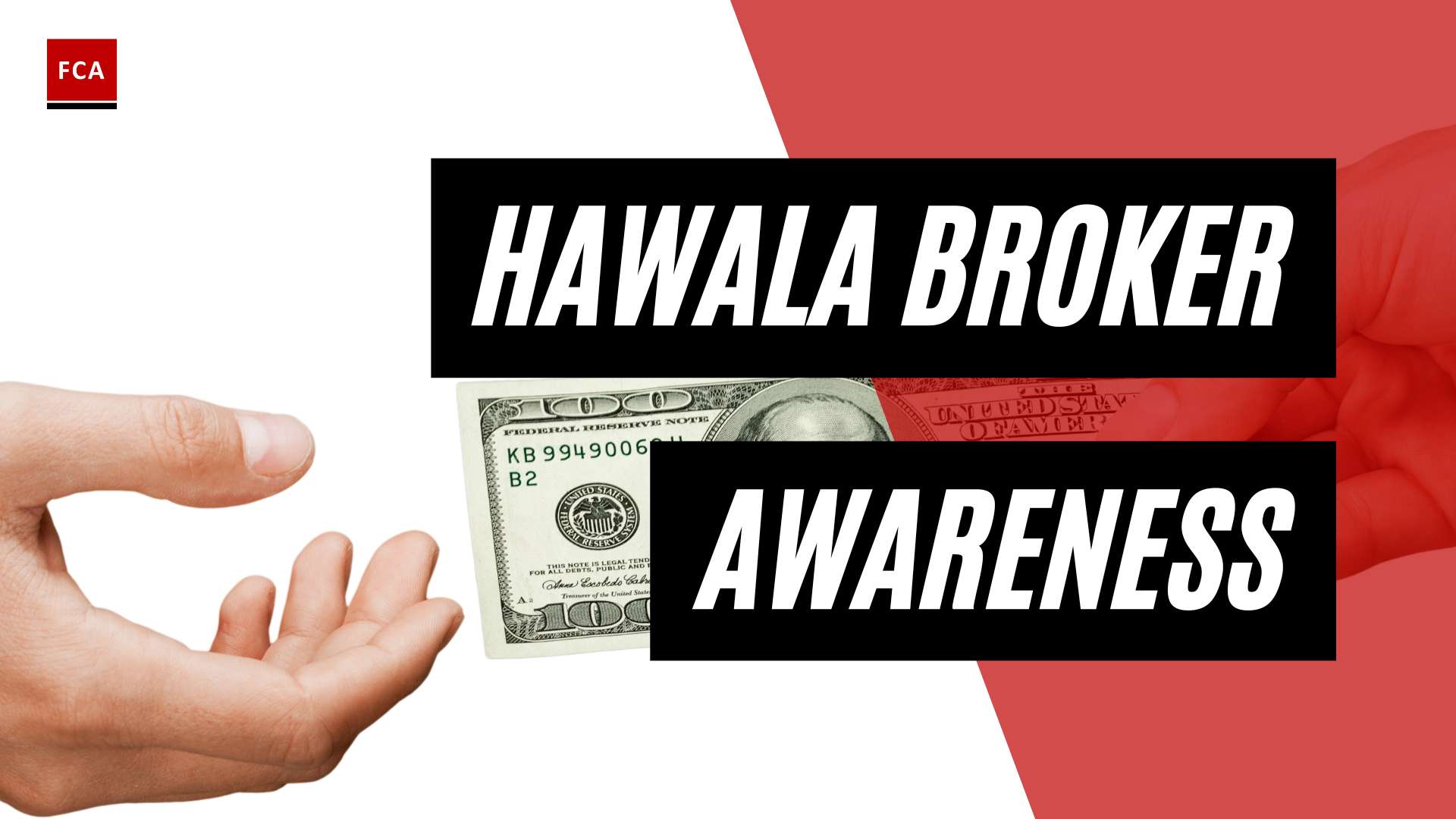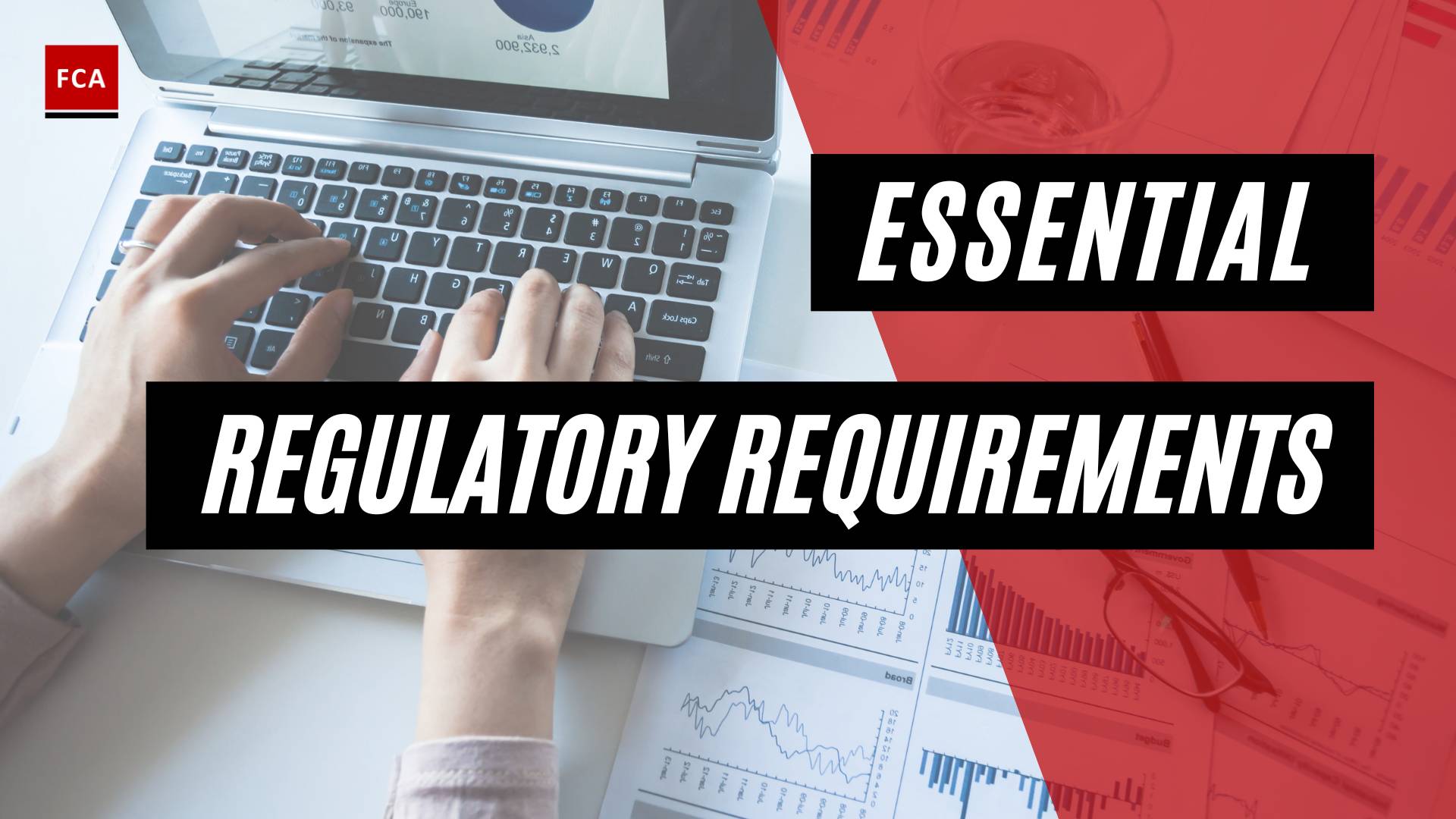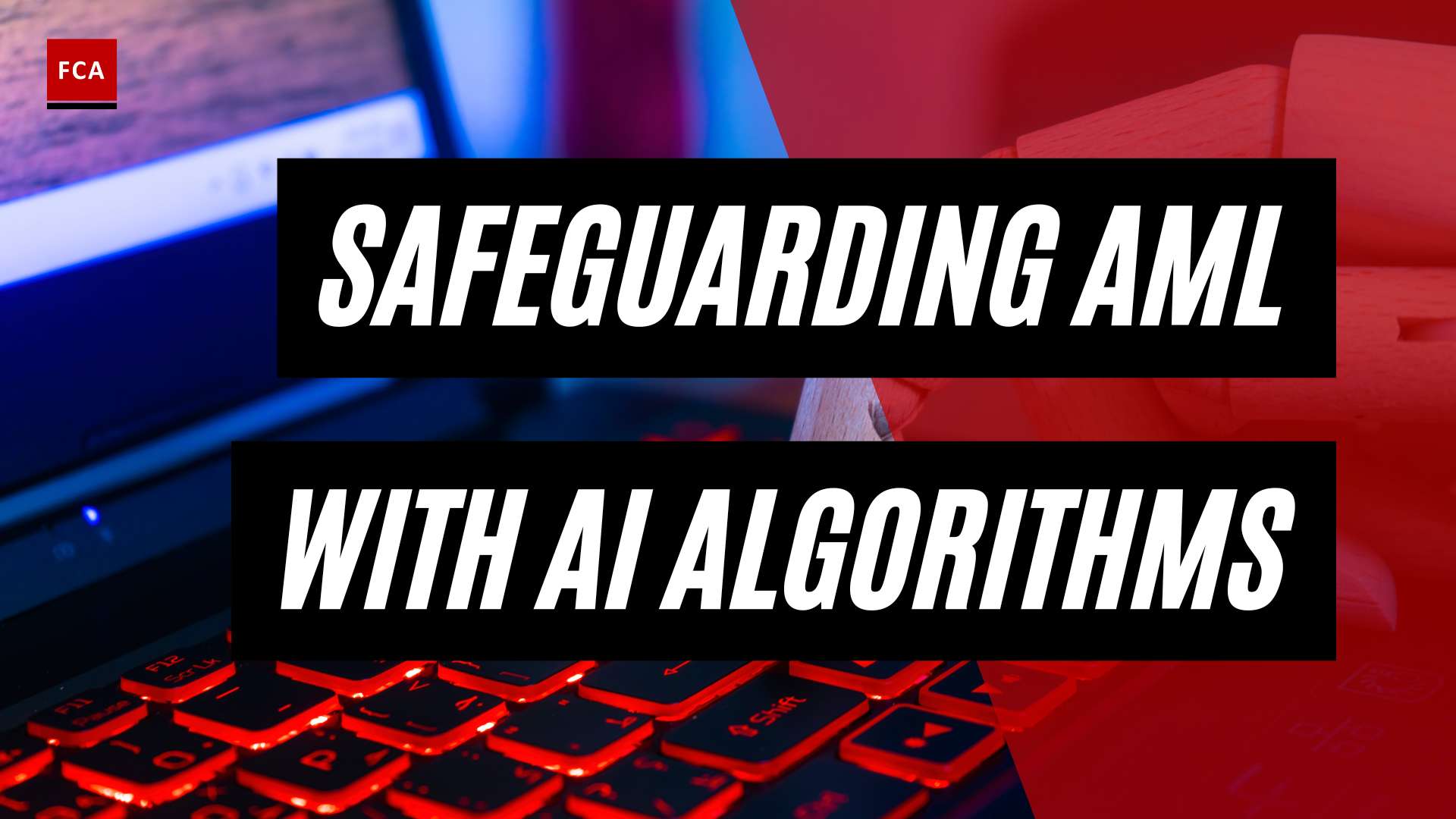Understanding the World Bank Group
When it comes to global financial governance and development, the World Bank Group plays an instrumental role. As an international organization committed to driving economic growth and reducing poverty, the World Bank Group’s efforts are crucial to the global fight against financial crimes, including money laundering.
Overview of the World Bank Group
The World Bank Group consists of five institutions working together to develop sustainable solutions that reduce poverty and build shared prosperity in developing countries. This global partnership operates with 189 member countries, staff from over 170 countries, and offices in more than 130 locations (World Bank).
Known for its extensive operational reach, the World Bank Group operates in every major area of development. It offers a variety of financial products, technical assistance, and knowledge-sharing services to address the challenges faced by countries. This broad scope of operations makes the organization a vital player in the global effort to ensure sound economic governance and transparency.
The Mission and Goals
The World Bank Group’s mission revolves around two central objectives: ending extreme poverty and promoting shared prosperity. It aims to decrease the percentage of people living on less than $1.90 a day to 3% by 2030. Simultaneously, it focuses on fostering the income growth of the bottom 40% of the population in every developing country.
To achieve these objectives, the World Bank Group implements a range of initiatives across various sectors. These include projects relating to education, health, public administration, infrastructure, financial and private sector development, and environmental and natural resource management.
The organization’s commitment to reducing poverty and promoting shared prosperity also underscores its efforts in combating financial crimes. By fostering transparent, accountable, and efficient financial systems, the World Bank Group contributes significantly to global anti-money laundering initiatives.
Structure of the World Bank Group
The World Bank Group is a renowned global entity committed to reducing poverty and promoting shared prosperity. Understanding its structure provides valuable insight into its operations and influence across the globe.
Institutions within the World Bank Group
The World Bank Group comprises five institutions that collaborate to devise sustainable solutions for poverty reduction and shared prosperity in developing countries. These institutions work together to align their goals and operations, ensuring a holistic approach to global development.
The five institutions of the World Bank Group are:
- The International Bank for Reconstruction and Development (IBRD)
- The International Development Association (IDA)
- The International Finance Corporation (IFC)
- The Multilateral Investment Guarantee Agency (MIGA)
- The International Centre for Settlement of Investment Disputes (ICSID)
Each institution plays a distinct role within the collective mission, offering a range of financial products, technical assistance, and knowledge-sharing services to address the various challenges faced by their member countries (World Bank Group).
Global Presence and Operations
The World Bank Group maintains a substantial global presence, operating with 189 member countries, staff from over 170 countries, and offices in more than 130 locations. This extensive reach allows the organization to understand and address the unique needs of each region and foster a meaningful impact on a global scale.
The organization operates in every major area of development, providing aid and assistance across a wide spectrum of sectors. From infrastructure and education to healthcare and environmental protection, the World Bank Group’s influence is felt in virtually every aspect of sustainable development.
The World Bank Group’s global presence and operations are bolstered by its robust partnerships with other international organizations, financial institutions, and governments. Together, these entities work to combat financial crime and promote transparency, accountability, and economic prosperity on a global scale.
Understanding the structure of the World Bank Group is crucial for professionals in compliance, risk management, anti-money laundering, and anti-financial crime. This understanding provides a broader perspective on the global efforts in place to combat financial crimes and uphold economic stability. For more information on similar organizations, refer to our pages on the International Monetary Fund (IMF), Financial Crimes Enforcement Network (FinCEN), and the Office of Foreign Assets Control (OFAC).
Role of the World Bank Group
Understanding the impact of the World Bank Group involves delving into its focus areas, projects, and collaborations, which are pivotal elements in its global operations.
Focus Areas and Projects
The World Bank Group plays a significant part in various development projects globally, working diligently to improve infrastructure, access to education, healthcare, and more in developing countries.
The organization sets priorities to address critical challenges, such as climate change, pandemics, conflict, and forced displacement, to create sustainable solutions for a better future. These focus areas include poverty eradication, agricultural development, climate change mitigation, conflict resolution, and governance, making the World Bank Group a vital source of financial and technical assistance to developing countries around the world (World Bank).
The organization comprises two institutions: the International Bank for Reconstruction and Development (IBRD) and the International Development Association (IDA). These institutions provide low-interest loans and interest-free credits to developing countries for a wide array of projects, ranging from infrastructure development to educational reforms.
Partnerships and Collaborations
The World Bank Group’s work isn’t confined to individual projects; it also includes extensive partnerships and collaborations with other global entities. These collaborations help to leverage shared knowledge and expertise, providing valuable insights, research, and data-driven solutions to address global development issues effectively.
These partnerships can involve international organizations, such as the International Monetary Fund (IMF), national entities like the Financial Crimes Enforcement Network (FinCEN), and the Office of Foreign Assets Control (OFAC), or specialized groups such as the Basel Committee on Banking Supervision, the Egmont Group, and the Wolfsberg Group.
These collaborations serve as a testament to the World Bank Group’s commitment to working alongside other organizations in a concerted effort to address global challenges, promote sustainable development, and combat illicit financial activities.
Overall, the World Bank Group’s role in global development and anti-money laundering efforts is multi-faceted, involving not only direct financial assistance but also thought leadership, research, and global collaborations.
The International Finance Corporation (IFC)
The International Finance Corporation (IFC) is an integral part of the World Bank Group. It plays a vital role in driving economic development and reducing poverty worldwide by encouraging private sector investment in developing countries.
Overview of the IFC
The IFC is the largest global development institution focused exclusively on the private sector in developing countries. It operates in more than 100 countries, encouraging growth to advance economic development, create jobs, and improve people’s lives.
Owned by 186 member countries and consistently rated AAA/Aaa, the IFC provides both debt and equity to the private sector. It offers a variety of financial products designed to promote development in challenging markets and achieve measurable impact.
Role and Impact of the IFC
The IFC’s primary role is to support businesses and stimulate recovery in regions affected by natural disasters and socio-economic challenges. For instance, it has provided new financing to help rebuild Turkey one year after devastating earthquakes.
In Haiti, IFC initiatives have linked the private sector with smallholder farmers, increasing farmer incomes by providing high-quality seeds and training in modern agriculture techniques. This has enabled farmers to access better markets and improve their livelihoods.
Additionally, the IFC actively collaborates with the World Bank Group to combat global challenges. It focuses on boosting private sector investment to address issues such as climate change, food security, and water challenges. This is achieved through sustainable investment schemes and partnerships, underscoring the IFC’s commitment to making a positive and lasting impact on the world.
Overall, the IFC plays a critical role within the World Bank Group’s mission to reduce global poverty and boost shared prosperity. By focusing on private sector development, it directly contributes to job creation, economic growth, and improved living standards in developing regions.
For more information on other organizations combating financial crime, see our articles on international monetary fund (imf), financial crimes enforcement network (fincen), office of foreign assets control (ofac), and basel committee on banking supervision.
Accountability and Transparency
A key aspect of the World Bank Group’s operations revolves around promoting accountability and maintaining transparency. This approach ensures that resources are managed effectively and aligns with the organization’s core mission to alleviate poverty and enhance shared prosperity.
Promoting Accountable Practices
The World Bank Group is dedicated to fostering accountability in its operations. It focuses on setting priorities to address critical global challenges such as climate change, pandemics, conflict, and forced displacement, aiming to develop sustainable solutions for a better future (World Bank).
The organization is also proactive in monitoring and evaluating the outcomes of its initiatives. This commitment to accountability ensures that the World Bank Group’s projects and operations deliver value and have a positive impact on the communities they serve.
The World Bank Group’s focus on accountability extends to its partnerships with other global organizations. It works closely with bodies like the International Monetary Fund (IMF), Financial Crimes Enforcement Network (FinCEN), and Office of Foreign Assets Control (OFAC) to promote best practices in areas like anti-money laundering and countering the financing of terrorism.
Engaging with Global Experts
The World Bank Group leverages a vast pool of knowledge and expertise to provide valuable insights, research, and data-driven solutions to address global development issues effectively (World Bank).
This includes engaging with a diverse set of experts and leaders from various fields, such as economists, public policy experts, environmental scientists, and social development specialists. These experts are dedicated to creating sustainable solutions for global challenges and contribute significantly to the World Bank Group’s mission.
The organization operates in over 100 countries, providing services like policy advice, technical assistance, and financial products to help countries tackle development challenges and achieve their goals.
By fostering an environment of accountability and transparency, and engaging with experts from various fields, the World Bank Group aims to ensure its operations are effective, sustainable, and aligned with its mission of poverty reduction and shared prosperity. This helps to cement the organization’s position as a pivotal player in global development and a key defender against anti-money laundering and financial crime.
The World Bank Group vs. IMF
The World Bank Group and the International Monetary Fund (IMF) are two key international organizations that play a crucial role in the global financial system. While they share some similarities, they have distinct purposes, operations, and contributions to global development.
Differences in Purpose and Operation
The World Bank Group and the IMF are similar in some aspects but have different purposes. The World Bank Group focuses on long-term development and poverty reduction, while the IMF focuses on macroeconomic issues and financial stability.
The World Bank Group provides financial and technical assistance for development projects, while the IMF focuses on promoting global monetary cooperation and stability. The World Bank Group raises funds through capital markets and member contributions, while the IMF relies on member country quotas and borrowing arrangements.
In terms of lending, the World Bank Group provides long-term loans for development projects, while the IMF provides short-term loans to countries facing balance of payments problems. The criteria for lending also differ: the World Bank Group focuses on the creditworthiness of countries and the viability of development projects, while the IMF focuses on a country’s ability to implement economic reforms and restore financial stability.
| Organization | Purpose | Operation | Lending |
|---|---|---|---|
| World Bank Group | Long-term development and poverty reduction | Provides financial and technical assistance for development projects | Provides long-term loans for development projects |
| IMF | Macroeconomic issues and financial stability | Promotes global monetary cooperation and stability | Provides short-term loans to countries facing balance of payments problems |
Unique Contributions to Global Development
Both the World Bank Group and the IMF make unique contributions to global development. The World Bank Group, with its focus on poverty reduction and sustainable development, provides financial and technical assistance for long-term development projects. On the other hand, the IMF, with its emphasis on promoting economic stability and growth, offers financial support and policy advice during financial crises. It also attaches conditions to its financial assistance to ensure that economic reforms are implemented (World Bank).
In terms of crisis response, the World Bank Group provides financial and technical assistance for long-term recovery and rebuilding efforts. In contrast, the IMF acts as a global economic watchdog, monitoring the international financial system and providing financial support to countries in crisis.
These distinct roles allow the World Bank Group and the IMF to complement each other in their work, contributing to the overall stability and development of the global economy. Understanding the differences between these two institutions can help professionals working in compliance, risk management, and financial crime to better navigate the global financial landscape.








